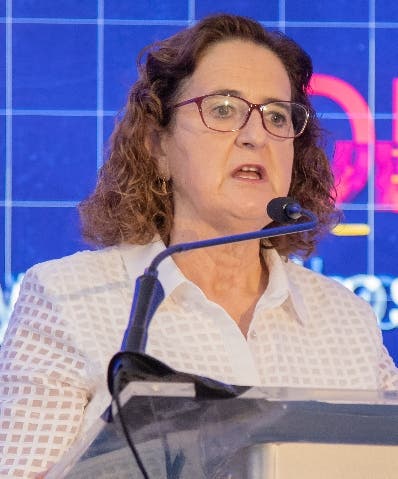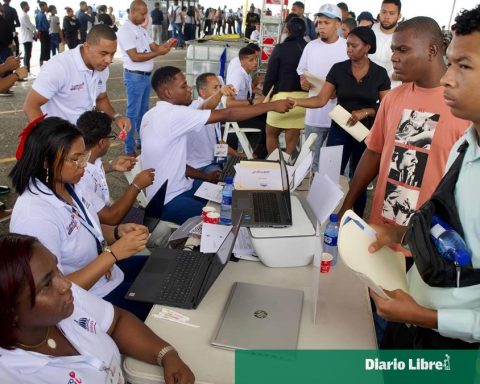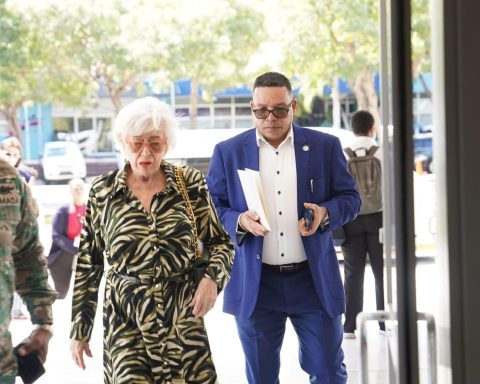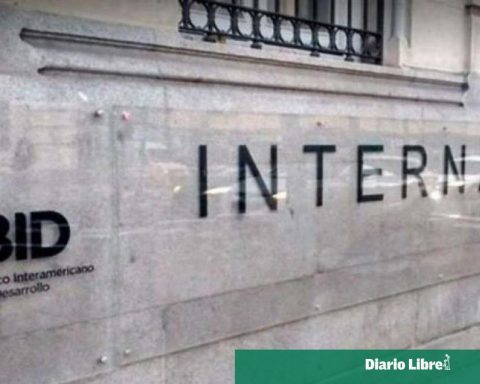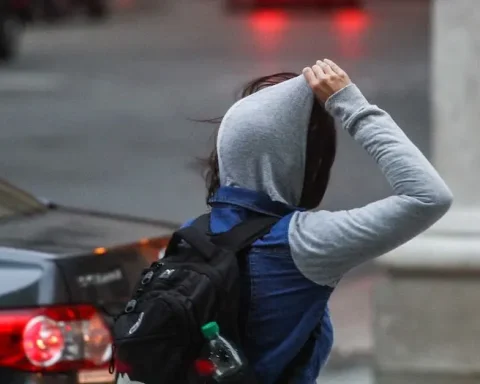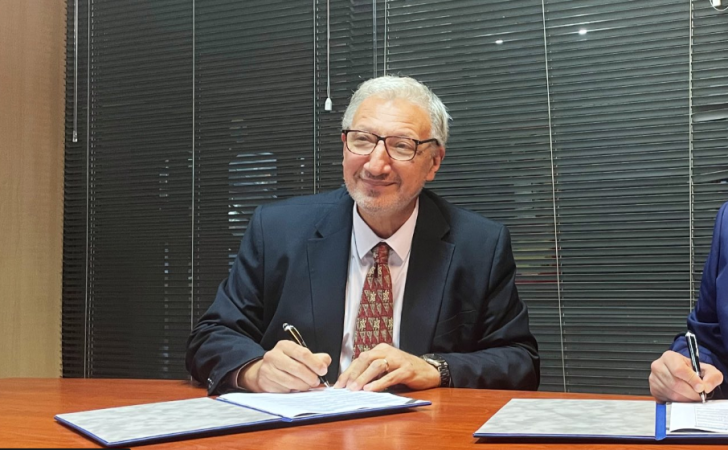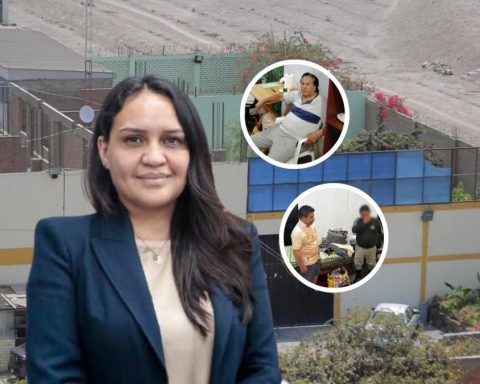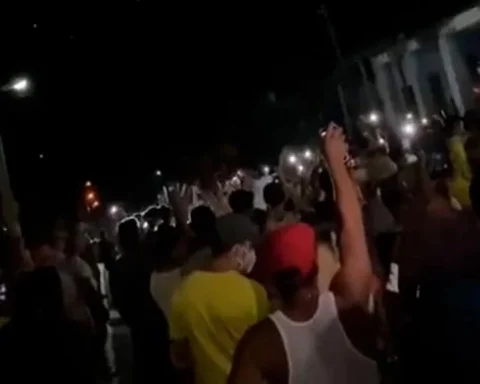SANTO DOMINGO.- The United Nations Children’s Fund (UNICEF) said today that 65% of Dominican adolescents between the ages of 15 and 17 have suffered sexual violence at some point in their lives.
UNICEF warns that the inequalities suffered by adolescents continue to pose significant challenges in terms of their education, physical and mental well-being, and the necessary protection for a life free from all types of violence, and this ranges from includes the psychological aspect, physical aggression, sexual abuse and even femicide.
In addition, she said, the perpetrators of these crimes are close to the girls: in their homes, in their schools and in their families, these being the most insecure spaces for them.
According to Rosa Elcarte, UNICEF resident representative in the country, “childhood and adolescence are key periods in which girls and boys learn and internalize harmful social and gender norms, which generate inequalities between boys and girls, and these disparities have consequences in all their ways.”
“Now is the time to break stereotypes, and to ensure that all children are protected. Otherwise, they are more likely to suffer from and perpetuate the same harmful social norms as adults,” she stated.
“We call on men to assume co-responsibility for the upkeep and education of their sons and daughters, and on mothers and fathers to foster family, cultural and social environments that do not discriminate against girls over boys; that they are not sexualized and objectified, so that we do not push them into pregnancy or an early union, so that girls can empower themselves and define the best way of life for their personal development”, expresses the highest authority of UNICEF in the Dominican nation. .
Globally, more than 2.5 million women do not have access to basic menstrual hygiene services. Girls and adolescents are at greater risk, since, according to the statement, lack of access to menstrual health and hygiene restricts girls’ mobility and personal choices, affecting school attendance and participation in community life. ; compromising your safety, as well as causing additional stress and anxiety. Menstrual equity protects dignity, builds trust, and strengthens sexual and reproductive health and rights.
“We congratulate the country for some advances in the rights of girls, such as the law that prohibits child marriage, or the public policy for the prevention and care of early unions and adolescent pregnancy, but there is a long way to go to end the inequality of rights between boys and girls”, says the representative of UNICEF.
In the Dominican Republic, according to data from ENHOGAR-MICS 2019, it is revealed that 20% of young women have their first child before the age of 18. In the investigations, the numbers increase to 34% among the most vulnerable and 49% among those who only finish primary school. One of the most worrying findings is that 2% of young women had a child before the age of 15, and situations of abuse, incest and sexual violence can often be hidden under this figure.
Regarding the statistics of early unions of children under 18 years of age, in Dominican territory there has been some progress, reducing from 37% in 2014 to 32% in 2019, it is important to note that, among the population with less economic resources, this figure fell from 60% (2014) to 49% (2014). Also, the numbers of early unions in children under 15 years of age were reduced from 12% (2014) to 9% (2019). Despite this progress, the country presents much higher figures than the Latin American average, where 22% of those under 18 years of age are in a union or married.
Poverty reduction, education, changes in social norms and cultural patterns that promote unequal rights between boys and girls, and between men and women, along with proper menstrual hygiene; and sexual and reproductive education are essential elements to advance the rights of girls and adolescents.
It is pointed out that girls with disabilities face multiple and intersectional discrimination in the exercise and enjoyment of their rights, since they tend to be at greater risk, both inside and outside the home; of violence, injury or abuse, neglect or negligent treatment. of abuse or exploitation, and are up to three times more at risk of rape than girls without disabilities, they are also twice as likely to experience other forms of gender-based violence.
“Progress is possible, but we need to accelerate action to guarantee the human rights of all girls. A girl in the world today is about a third less likely to be subjected to female genital mutilation than she was 30 years ago, and almost one in five girls today is married; when she is a girl, compared to one in four girls who were united in marriage a decade ago ”, external the doctor.
Elcarte López emphasizes that “the world’s adolescent girls, from 10 to 19 years old, have shown time and time again that, if given the skills and opportunities, they themselves can be the ones to promote progress in their communities, building a stronger future for all that includes not only women and girls, but also boys and men.”
UNICEF calls on all its partners – governments, the private sector, the media and communities at large – to uphold equal rights for children in their work and help combat stereotypes that hold girls back. The United Nations Children’s Fund states in its communication note that the media have a special role to play in highlighting inequities, and thus empowering girls’ voices, leadership and agency.
